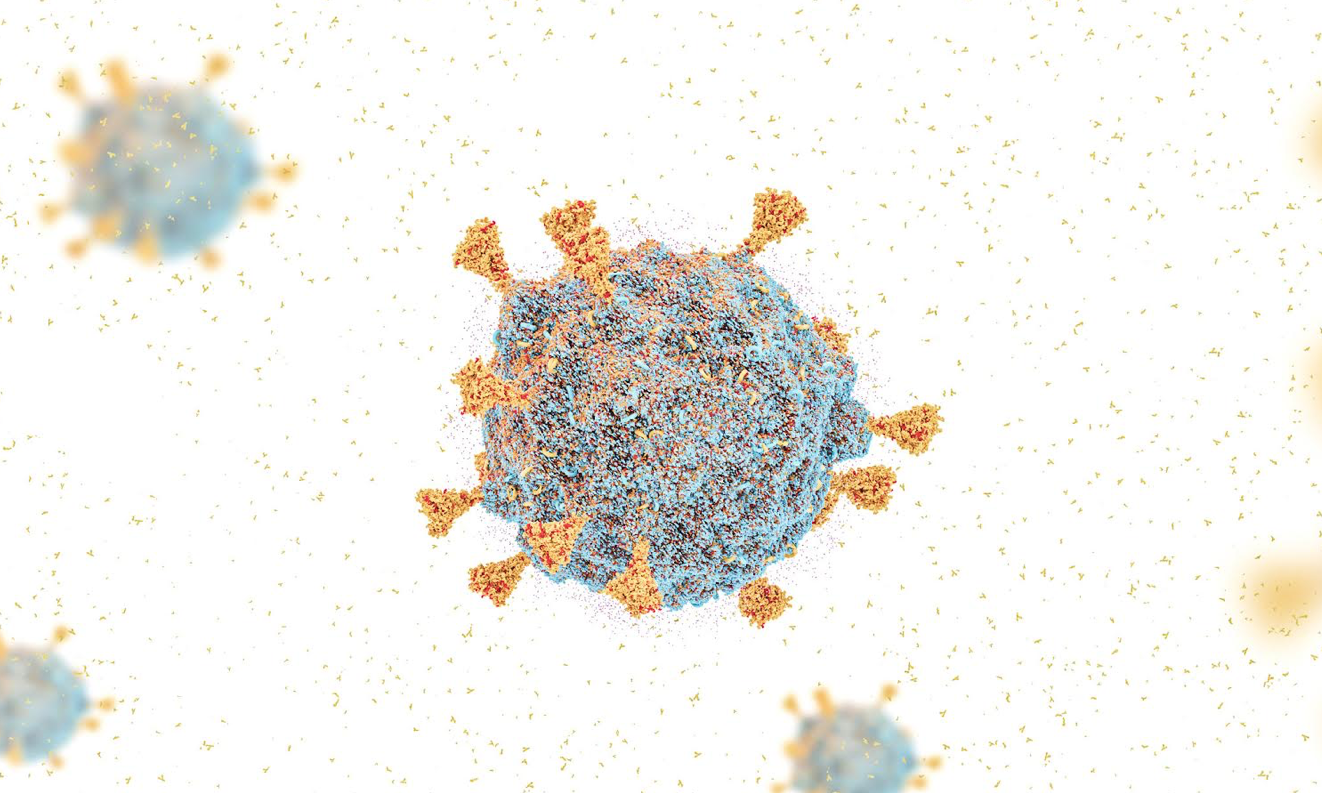Written by: Holly Pulley, Staff Writer
DISCOVERY: What we know about the new COVID-19 variant, Omicron.
The COVID-19 pandemic rocked the entire world. Cases increased dramatically everyday, hundreds of thousands of people lost their lives, and many refused to follow mask mandates and get vaccinated simply because of how politicized the disease was. As of today, 60% of America has been vaccinated, which leaves 40% percent of citizens susceptible to COVID-19 and it’s two new variants: The Delta variant, two times more contagious than the original COVID strain, and the Omicron variant, also increasingly contagious but not yet tested against Delta to see which spreads faster.
The Omicron Variant was first detected in citizens of Botswana on November 11, 2021, and was made known to the World Health Organization (WHO) on November 24, 2021. On November 26, WHO named the Omicron variant a Variant of Concern, which means Omicron spreads fast, is more severe, and may not be as affected by vaccinations. Though the vaccine will not necessarily protect against it, the CDC still highly encourages getting the COVID-19 vaccine, along with the booster, as they have proven effective in combating the Delta variant.
The U.S. was introduced to the new variant on November 22, 2021 when an individual coming home from South Africa to their home in Northern California tested positive for COVID-19. At a press briefing on Wednesday, December 1, White House chief advisor Dr. Anthony Fauci spoke on Omicron and the infected patient. “We feel good that this patient not only had mild symptoms, but actually the symptoms appear to be improving,” he said. The Governor of California Gavin Newsom tweeted, “There’s no reason to panic — but we should remain vigilant. That means get vaccinated. Get boosted. Wear a mask indoors.” Local officials in San Francisco will not mandate any restrictions or rules following Omicron’s appearance. Governor Newsom told CNBC that there is more worry than actual news on the COVID strain, and though lockdowns are not an impossibility, “I think if we can communicate so we can avoid any shutdowns; we can avoid shutting down our schools or businesses,” he explained. “None of us want to see that happen.”
Ever since it was reported to the WHO, it’s been found in Canada, The U.K., Israel, Germany, Italy, Hong Kong, and other countries. Many leaders across the globe are scared of the virus and getting ready for another shutdown or stock market crash. On December 1, WHO reported that Omicron has been seen in at least 23 different countries. Furthermore, air travel postponements and bans might be reinforced, especially flights coming from South Africa. Sports are also most likely to take a hit, seeing how in Portugal, 13 players on a soccer team in Lisbon have been infected with Omicron.
Even if we have to make changes to our daily life again, we will be slightly more prepared than before, because we’ve already been through it. After living with COVID-19 for over two years now, we know what we can do to keep ourselves and others around us safe. Wearing masks, social distancing, and getting vaccinated can do so much good for our communities, as well as keep us healthy. Following simple health rules and recommendations helps tremendously.
If you or someone you have been in contact with feels ill or has tested positive for Covid-19, get tested and stay home. Going out in public while sick can worsen the situation, and the sooner we contain this virus, the better.

